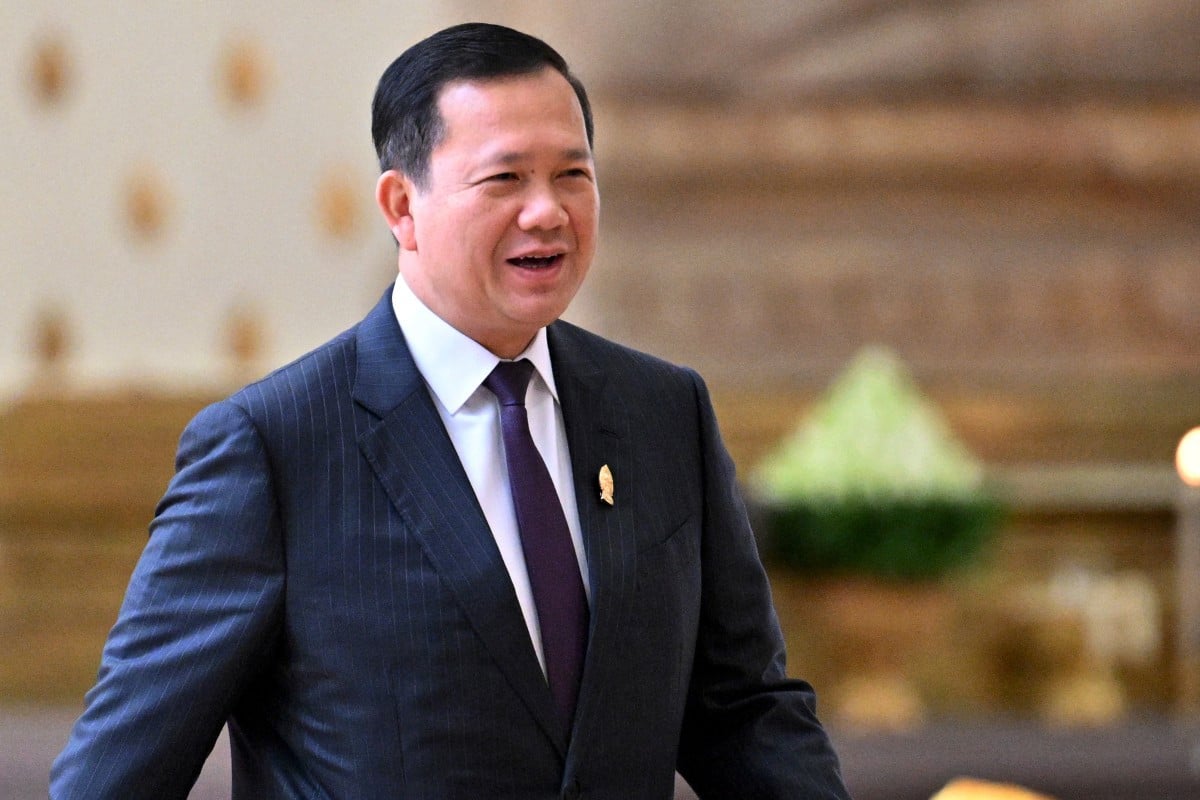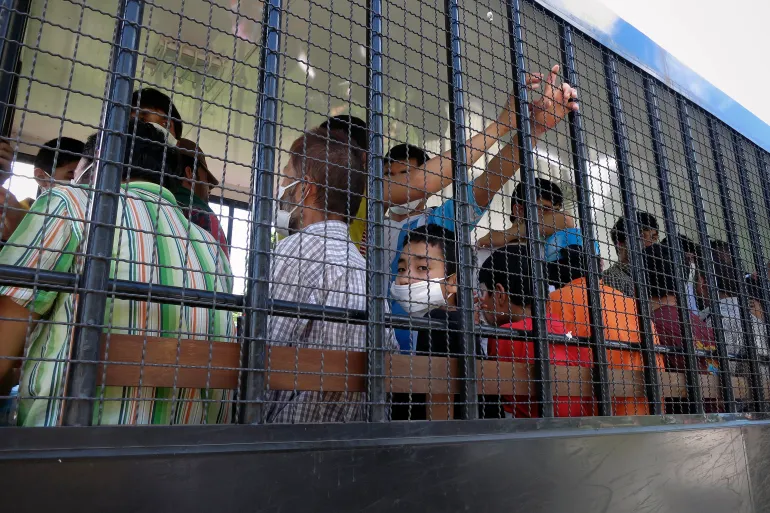Canada and the United States offered asylum to 48 ethnic Uyghurs detained in Thailand over the past decade. However, Bangkok declined these offers due to concerns about straining relations with China. This decision led to the covert deportation of the Uyghurs to China, sparking widespread criticism from human rights organizations.
Background on the Uyghur Situation
International Concerns Over Uyghur Treatment
The Uyghurs, a predominantly Muslim ethnic group from China’s Xinjiang region, have faced extensive human rights abuses, including allegations of genocide and crimes against humanity. The international community, including the U.S. and U.K., has condemned China’s actions. Despite these concerns, Thailand chose not to pursue asylum offers from Canada and the U.S., fearing repercussions from China.
Asylum Offers and Deportation
Offers from Canada and the U.S.
Both Canada and the U.S. proposed resettling the Uyghurs, but Thailand did not act on these offers. Instead, at least 40 Uyghurs were deported to China, where they face risks of torture and persecution. The Thai government justified the deportation by stating it followed national and international laws, despite warnings from UN human rights experts.
Human Rights Implications
Violation of International Law
The deportation violates the principle of non-refoulement, which prohibits returning individuals to places where they may face persecution or serious harm. Thailand’s actions have been criticized by human rights organizations, who argue that the country failed to uphold its legal obligations under international law. The situation highlights the complex geopolitical dynamics at play, with economic ties between Thailand and China influencing the decision-making process.
International Response
Criticism and Concerns
The international community has expressed strong disapproval of Thailand’s decision. Human rights groups have called for accountability and urged China to allow access to the deported Uyghurs. The incident underscores the challenges faced by countries balancing diplomatic relations with human rights responsibilities.









